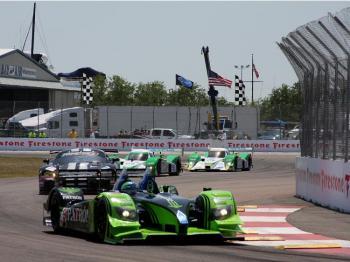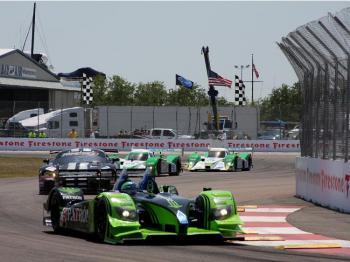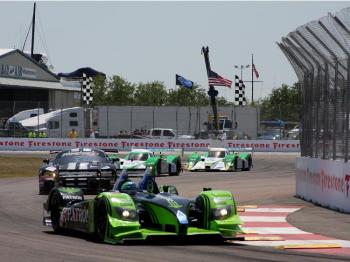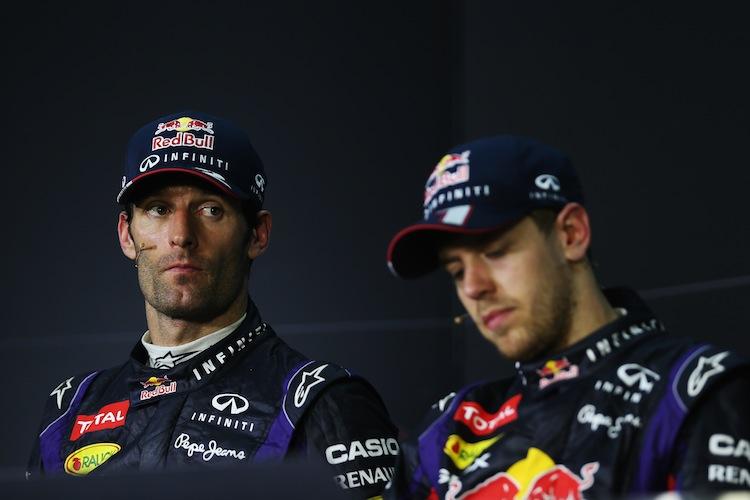A Six-Hour Endurance Race Is Too Long?
A long and rambling discourse on endurance racing, television, short attention spans, and the future of mankind.

THE GRAND TRADITION: Sports cars have traditionally run long, grueling races. Why change a century of tradition for an hour of television? Jeff Yeh/The Epoch Times
|Updated:





